How Not to Win a Nobel Prize
A search through the Nobel archives shows how the history of the famous prize is filled with near misses and flukes
/https://tf-cmsv2-smithsonianmag-media.s3.amazonaws.com/filer/c8/a9/c8a94465-711c-48a4-80e7-d9e68cb07f43/werner_forssmann.jpg)
It’s Nobel Prize week, and that means a new batch of esteemed scientists is about to gain the recognition of a lifetime. But what about the people who don’t win? They're the ones who interest Nils Hansson, a medical historian whose research focuses on what he calls “well-qualified losers”—the people who don’t get the prize.
In his will, which established the Nobel Prize, Alfred Nobel said the award should go to those who “have conferred the greatest benefit to mankind.” Based on this mandate, says Hansson, the selection process is deceptively simple: scientists solicited by the Nobel committee send in nominations, and the committee assesses the strengths of each nomination to narrow down a shortlist of people who are prize-worthy. Four institutions then go over the nominations and vote on winners for each category.
In his research at Sweden’s Karolinska Institutet, which votes on the prize for physiology or medicine, Hansson scours the archives of nominations, shortlists and evaluations from days gone by. The records for 1965 and onward are sealed, but the available documents reveal “the anatomy of excellence,” he says, referring to the rigorous, secretive and sometimes controversial mechanisms behind one of the most prestigious prizes in history.
Since there are fewer medals than prize-worthy nominees, the committee must look beyond credentials and toward things like uniqueness and the magnitude of a discovery, says Hansson. That can bite even the most worthy nominees, he notes.
For example, as cardiac surgery was being developed between the 1940s and 1960s, surgeons collaborated and innovated simultaneously, making it difficult to pinpoint the most groundbreaking discovery. Faced with the crisis of choosing just a few individuals for a prize that could arguably honor multitudes, the Nobel committee chose none.
So what’s the best way for an eminent scholar not to win a Nobel Prize in medicine or physiology? Hansson gives a primer on great ways to lose:
Get the Wrong Nominator
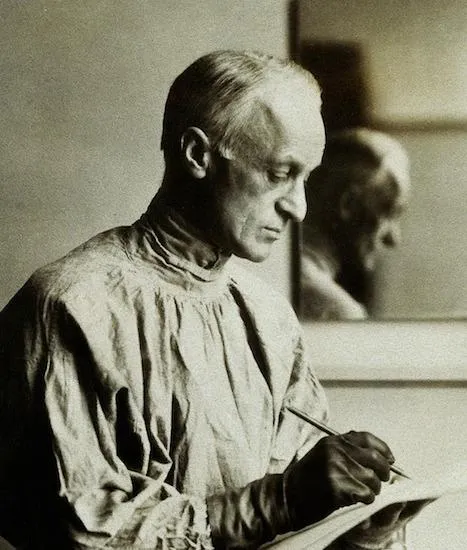
A nominator is “like a salesman,” says Hansson—and if your booster can’t portray your accomplishments as groundbreaking and vital to science, it’s a no-go. For example, says Hansson, people who nominated brain surgery pioneer Harvey Cushing could have called him “the Columbus of the pituitary gland” and highlighted the advances he made in the early 1900s as major steps forward for neurosurgery … but they didn’t. Their not-so-convincing nominations likely cost him the Nobel.
Get Embroiled in Politics
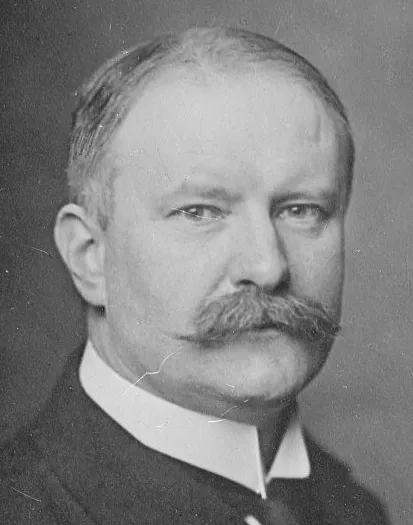
Often, prizes are not awarded due to political circumstances beyond a scientist’s control. German surgeon August Bier is one such casualty, says Hansson. He was the first to perform spinal anesthesia in 1898—but many of his nominations coincided with a Nazi ban on Nobel Prizes, so the committee passed him by.
Suffer From Oversaturation
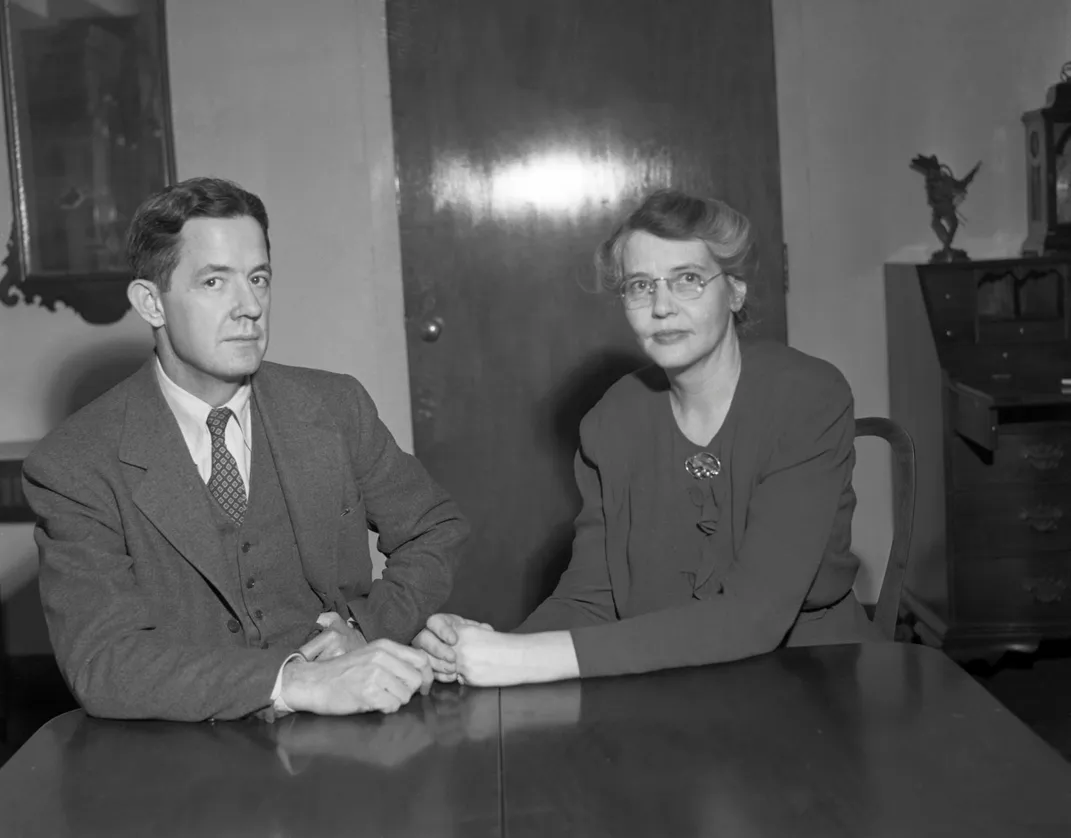
It’s not enough to make a groundbreaking discovery, says Hansson. To be considered prize-worthy, you’ve gotta do it at a time when your discovery stands out in your field. In 1944, pediatric cardiologists Alfred Blalock and Helen Taussig figured out a surgical method that dealt with methaemoglobinaemia, or “blue baby syndrome.” They were nominated for a Nobel Prize, but Hansson thinks they were ultimately overlooked because there were simply too many cardiac innovations at the time.
Be the "Wrong" Gender or Race
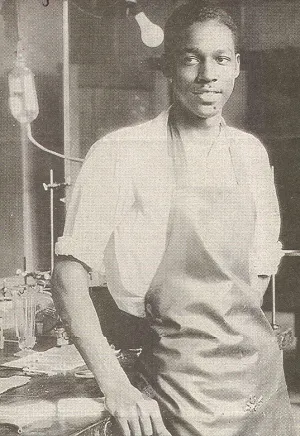
Unfortunately, cultural and gender stereotypes play into historic Nobel nominations, says Hansson. In his studies, he has come across relatively few female nominees—and cultural biases clearly play a role when it comes to significant but behind-the-scenes scientists. Vivien Thomas, for example, was an eminent surgeon who helped discover and test blue baby syndrome surgery alongside Blalock and Taussig. Thomas, who was black, made major contributions to the procedure, says Hansson—but “was not mentioned once by the Nobel committee.”
Do Work That’s Taboo
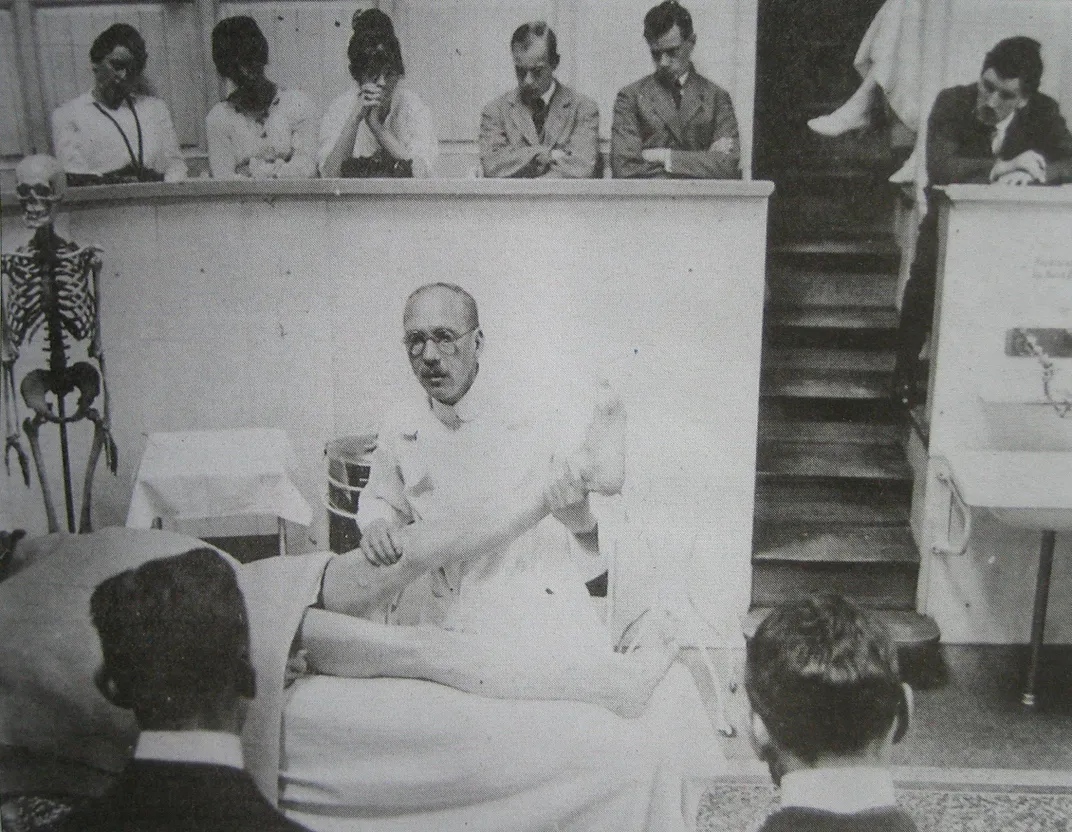
“You can view the history of the Nobel Prize as a history of medical taboos,” says Hansson, and controversial work is often overlooked by the committee. For example, in 1903, Ferdinand Sauerbruch broke an unspoken ban on heart surgery, which was seen as too risky by doctors of the day. Sauerbruch created a pressure chamber that enabled surgeons to work in an open thoracic cavity. Despite more than 60 nominations, he was never recognized with a prize.
Be Decades Ahead of Your Time
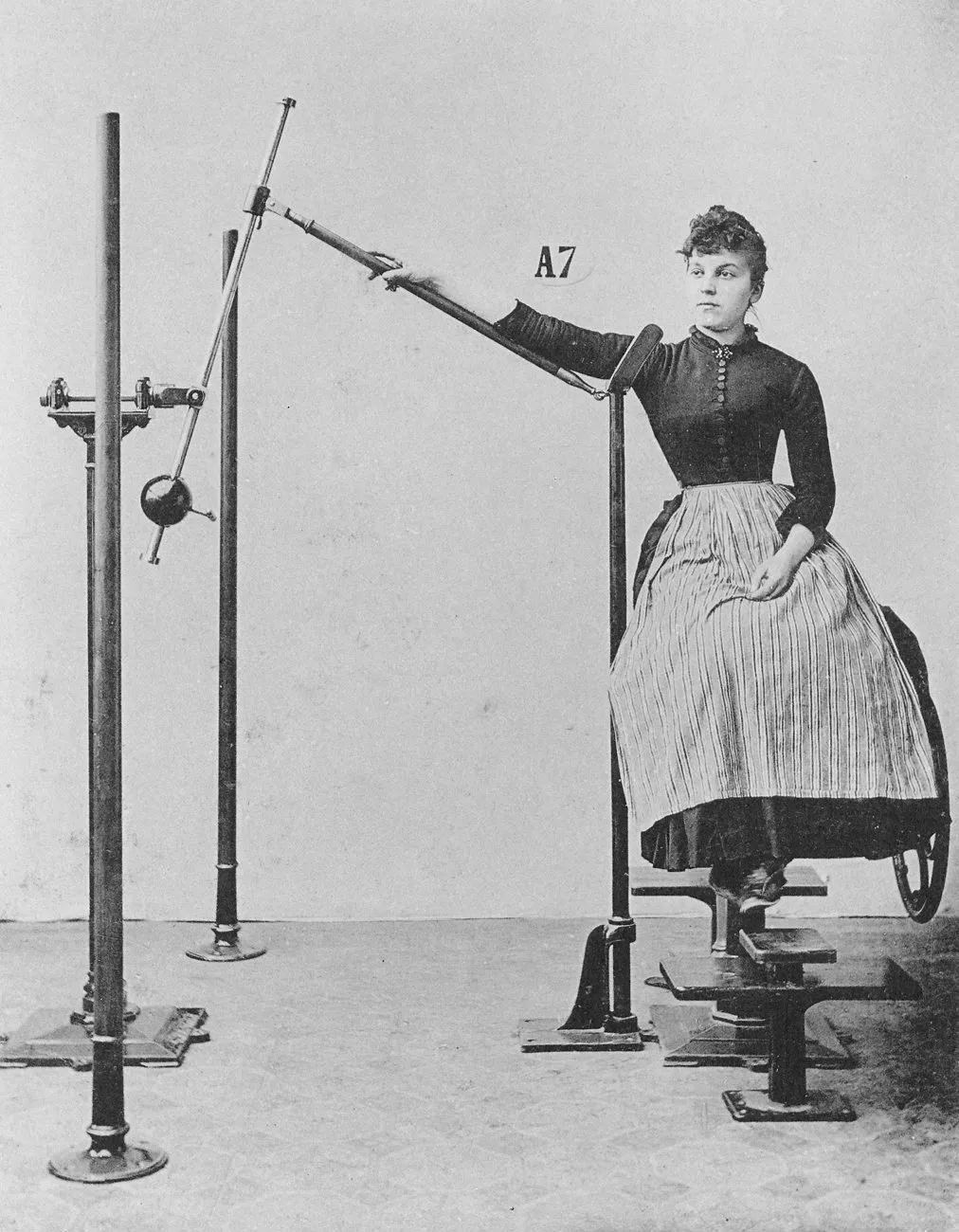
Gustav Zander was “the father of modern fitness studios,” says Hansson. He was the first person to construct machines with levers and weights for physical fitness as far back as the 1860s. But somehow, his groundbreaking machines didn't completely catch on until the late 1960s, when Nautilus machines similar to Zander’s became a fitness sensation. Left in the dust by his own prescience, Zander never got the prize.
If so many great scientists don’t get the prize, does that mean some winners are ultimately undeserving? Not necessarily, says Hansson. He points to the case of Antonio Egas Moniz, who won the 1949 prize for his development of the lobotomy—a psychiatric procedure that was seen as a significant advancement in the 1930s and 1940s. “At that time, major journals acknowledged his achievement. It was seen as cutting-edge research.” Now perceptions have changed, and lobotomies are anathema to modern psychiatrists. So does that mean Moniz didn’t deserve the prize?
The history of the Nobel Prize may be one of near misses, says Hansson, but the committee gets it right more often than not. And the process doesn’t always favor the safe or famous, he points out: It can be quite kind to obscure scientists. Take the case of Werner Forssmann. The nearly unknown rural physician lacked a university position or widespread recognition of his development of the cardiac catheter—but he won the Nobel Prize in Physiology or Medicine in 1956 anyway.
Moments like those, says Hansson, keep him returning to the archives again and again, eager to take the Prize apart and put it back together. “My task is to deconstruct this prize a bit, look at the mechanisms of scientific recognition,” he says. “It’s impossible to talk about the history of medicine without talking about the Nobel Prize.”
/https://tf-cmsv2-smithsonianmag-media.s3.amazonaws.com/accounts/headshot/erin.png)
/https://tf-cmsv2-smithsonianmag-media.s3.amazonaws.com/accounts/headshot/erin.png)